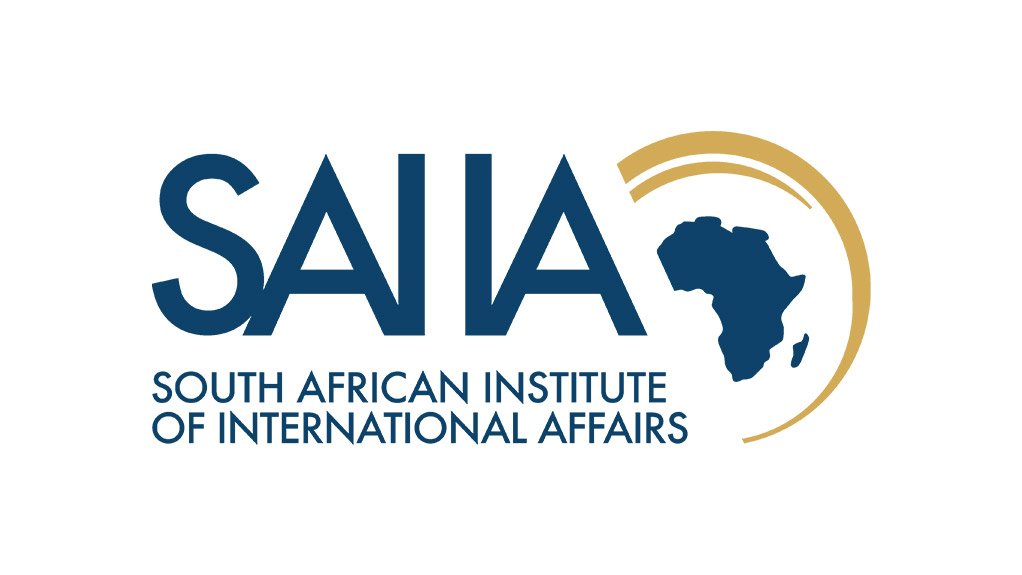As the United Nations celebrates 75 years of championing safety and security, social welfare, refugee rights, and more, it risks seeing all this work undone by one issue — climate change.
The climate crisis manifests as an unpredictable series of upheavals, some freshly created and some immeasurably worsened. Climate change is currently hitting poor countries particularly hard, with flooding and catastrophic storms in Bangladesh and Mozambique, for example. It is also worsening fires in Australia, floods in China, and hurricanes in the United States. No country and no population will be exempt, no matter how secure they seem at present.
The United Nations is already a global leader in the fight against climate change through its UN Framework Convention on Climate Change (UNFCCC) and the UN Environmental Program (UNEP). The latter’s work stretches across numerous environmental issues, including biodiversity, chemical pollution, and more. This work is laudable, but it hazards treating climate change as simply another environmental problem rather than a crosscutting factor affecting all aspects of human life.
Meanwhile, the UNFCCC is frequently stymied by its need for universal consensus. This makes the climate fight dependent on its ability to foster moments of what David Victor and Bruce Jones call “episodic multilateralism” [PDF], the all-too-rare moments of agreement between member states.
The severity of the climate threat demands a fresh approach. The South African Institute of International Affairs suggests a full audit of the United Nations’ work on climate change across the UNFCCC, UNEP, and other UN agencies. This mapping should be followed by the implementation of a reform agenda aimed at targeting climate change as a crosscutting factor that will shape the entire world in the twenty-first century and beyond.
The result should be a dedicated UN institution focused on climate change not as one problem among many, but as a unique crisis that affects all UN activities. This body’s aim should be fostering and supporting technological and policy solutions on both a regional and global level while building support among all stakeholders (not only states) in a way that prioritises the needs of the future over the short-term agendas of the present.
Read the full article with all 18 global perspectives on the UN.
Research by Cobus van Staden, SAIIA
EMAIL THIS ARTICLE SAVE THIS ARTICLE ARTICLE ENQUIRY
To subscribe email subscriptions@creamermedia.co.za or click here
To advertise email advertising@creamermedia.co.za or click here











